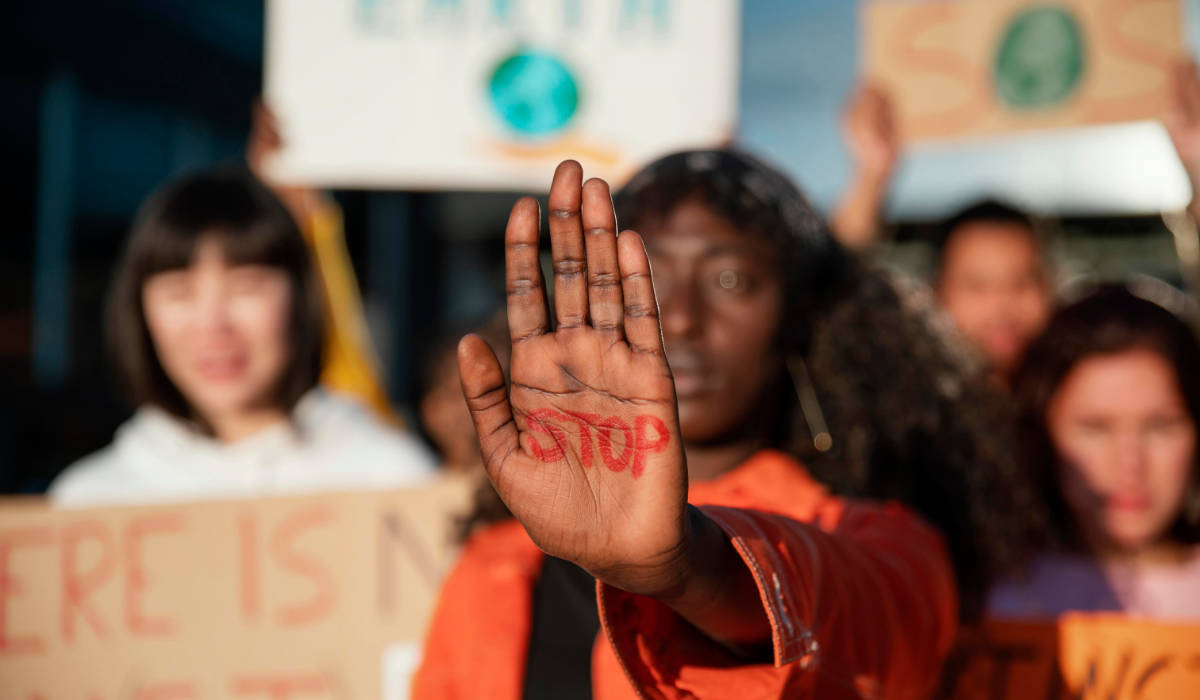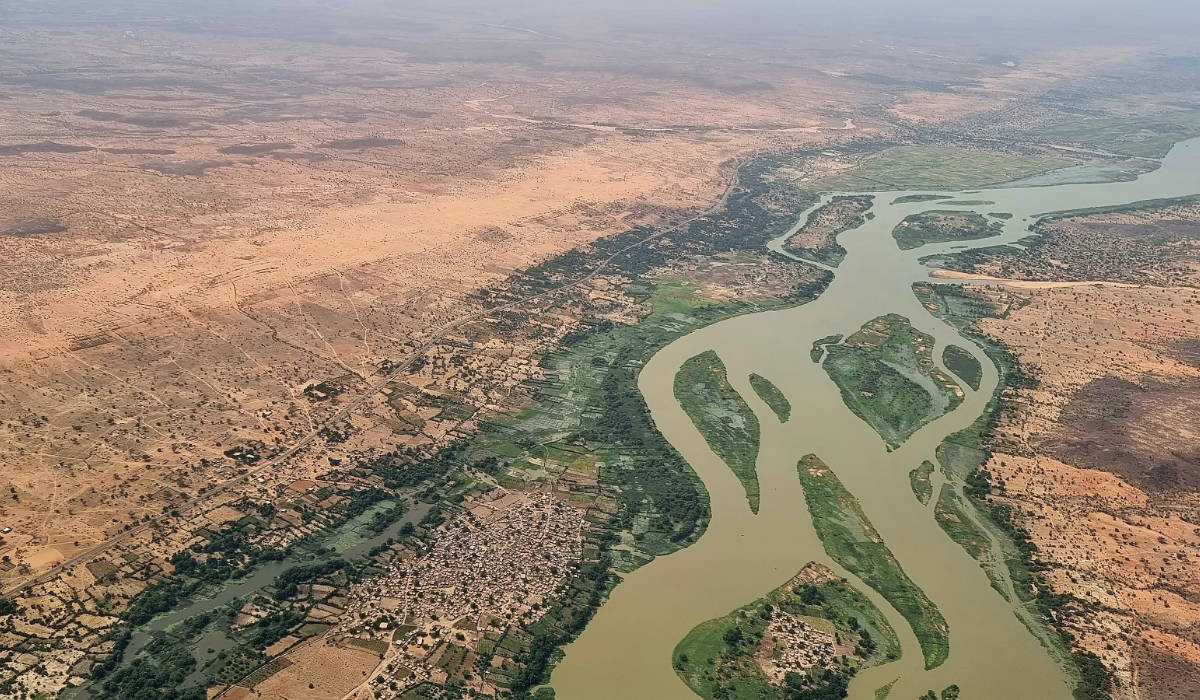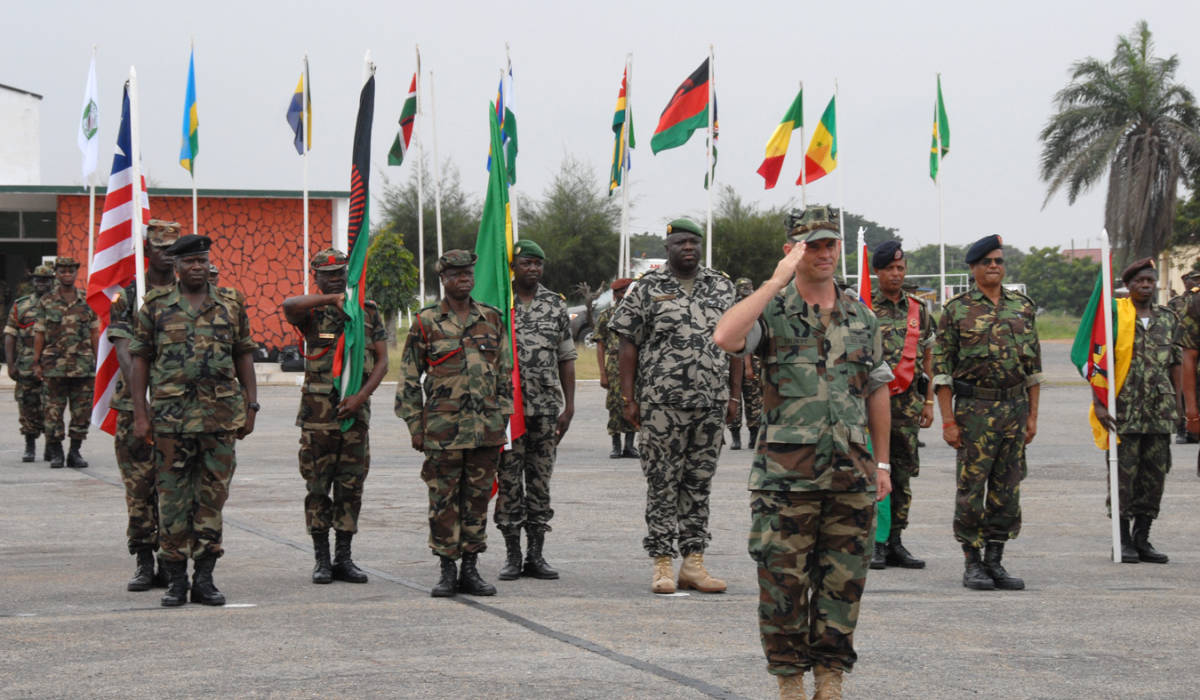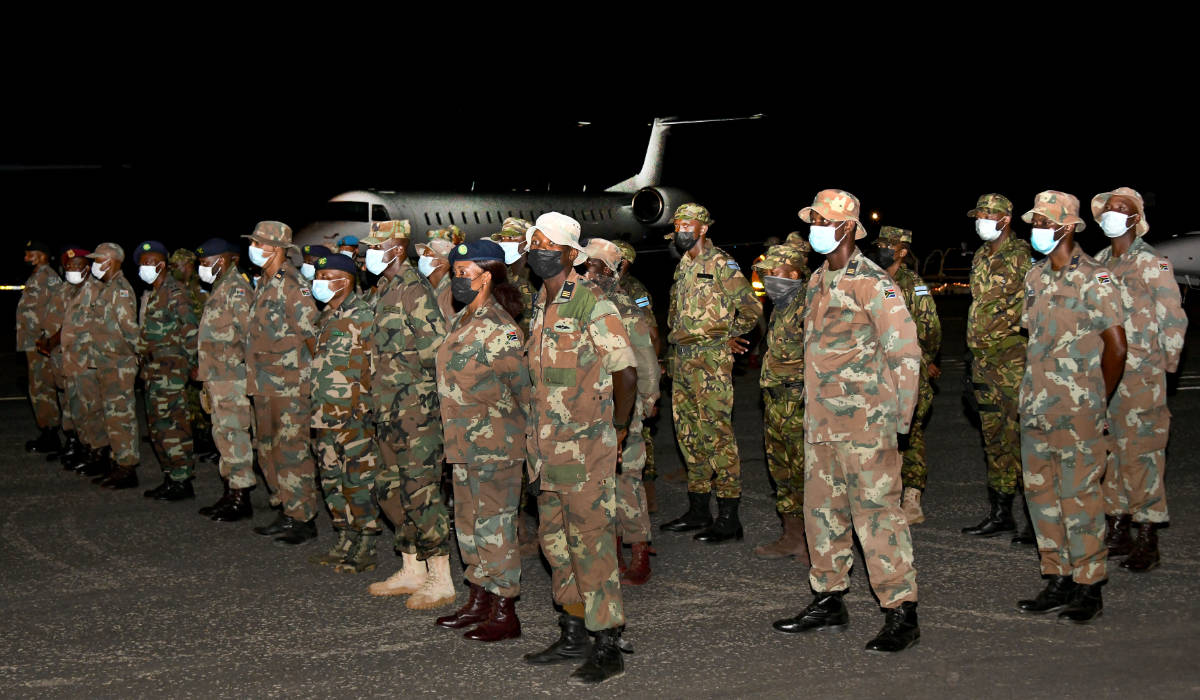For the final Monitor of the year, we feature a piece from Madam Graça Machel, the Chair of ACCORD’s Board of Trustees, on intergenerational justice and human rights in a time of planetary crises in Africa. In this piece, Madam Machel discusses intergenerational responsibilities in the context of the current climate crisis, nuclear threat and the scourge of inequality. Staying with the topic of climate change, Freedom C. Onuoha has authored a piece which zooms in on climate change induced conflict in the coastal communities of Nigeria’s Niger Delta Region. The piece also explores opportunities for internal security operations to better manage climate change induced conflicts.
Our third piece is from Cedric de Coning on the unintended consequences of United Nations financial support for African Union Peace Support Operations. In it he argues that such financial support will affect African agency and ownership among other transaction costs and performance-related aspects. Related to discussions on peace operations, Chikondi Chidzanja has written on SAMIM as a pragmatic approach to peace operations and counterterrorism in Southern Africa. He argues that the principles behind its practice could mark a new generation of peace operations.








